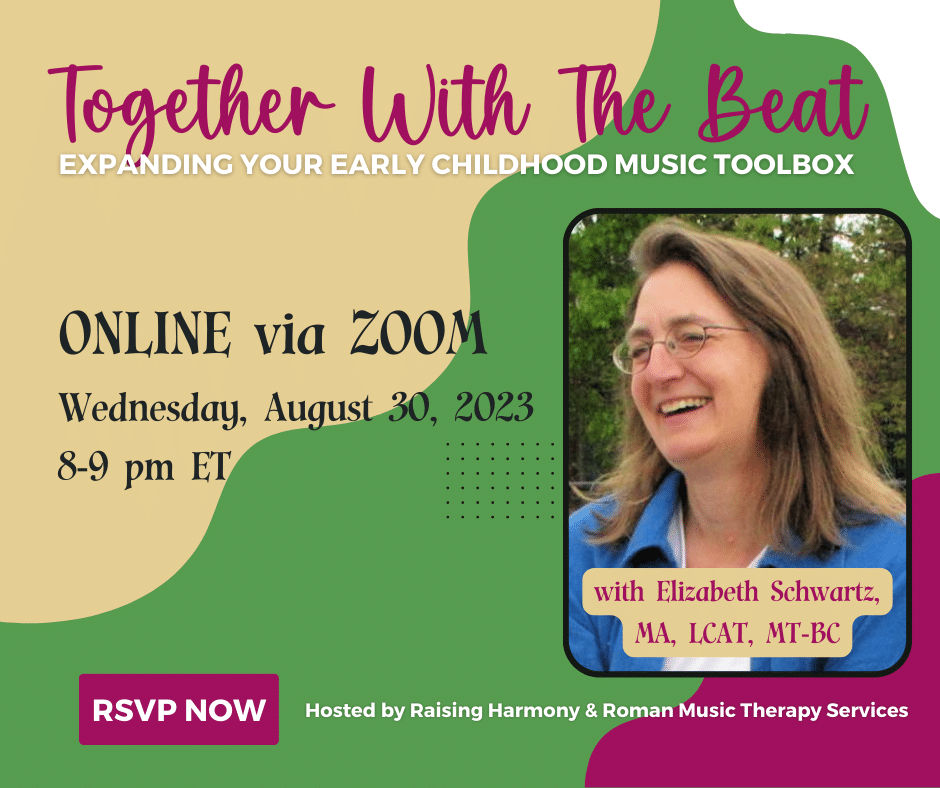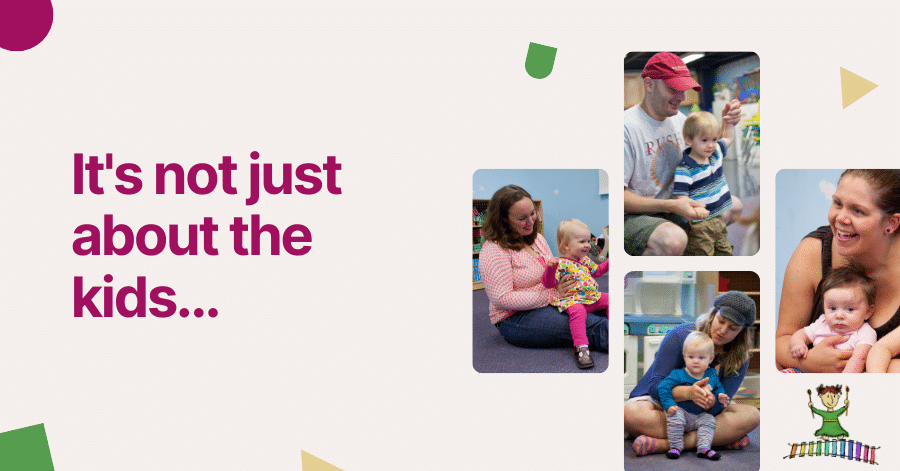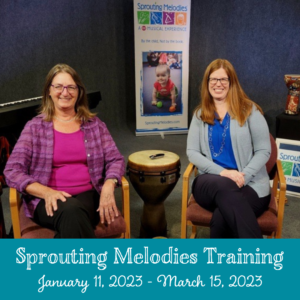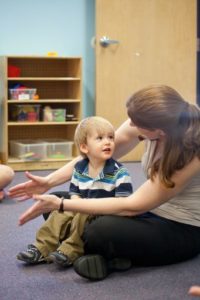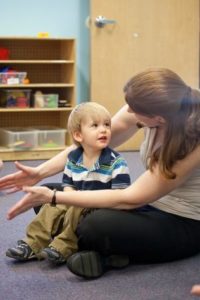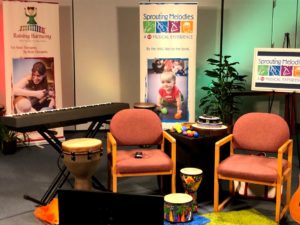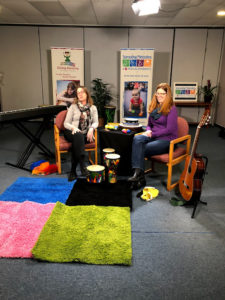Waiting in line at the grocery store? Or in the doctor’s waiting room? These are the times when a parent’s need to focus and wait really clashes with a child’s need to move.
In a classroom or day care center, the needs of the group or the grownup sometimes has to take precedence over the energy of the wiggly child.
Here is a song to help you and your child make it through these tough (and wiggly) times. It might be one of the most fun songs I’ve written!
